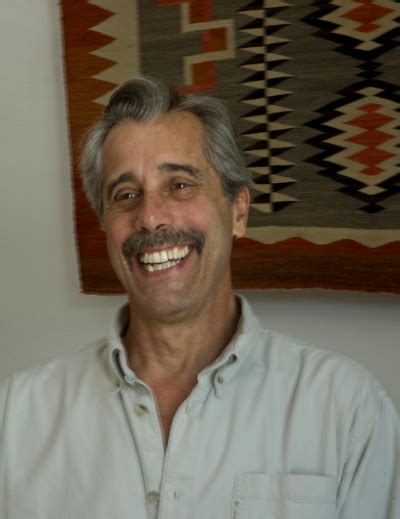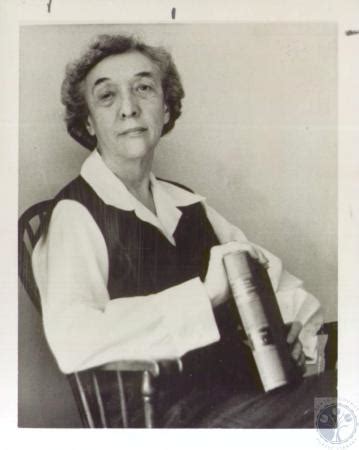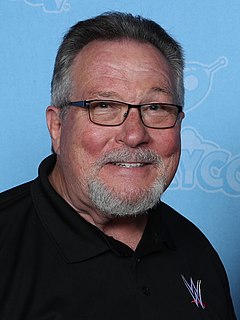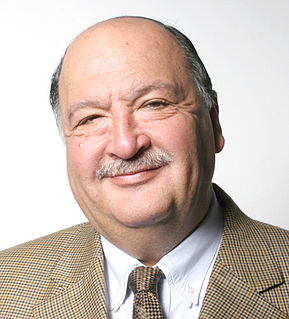A Quote by Salman Rushdie
As human knowledge has grown, it has also become plain that every religious story ever told about how we got here is quite simply wrong. This, finally, is what all religions have in common. They didn't get it right.
Related Quotes
When does one ever know a human being? Perhaps only after one has realized the impossibility of knowledge and renounced the desire for it and finally ceased to feel even the need of it. But then what one achieves is no longer knowledge, it is simply a kind of co-existence; and this too is one of the guises of love.
To the extent that I've ever understood postmodernism - and I'm sure there are people out there who do, but I'm not one of them - one of its distinguishing traits is the story's awareness of its own artifice, and how that awareness becomes part of the story. And if that's right, then I have no idea how I ever got lumped into postmodernism except that I believe, since I was first published, people just haven't quite known where else to put me.
The intellectual content of religions has always finally adapted itself to scientific and social conditions after they have become clear.... For this reason I do not think that those who are concerned about the future of a religious attitude should trouble themselves about the conflict of science with traditional doctrines.
As a teenager, rather than setting myself on a course to pursue fame (quite common growing up in L.A., the entertainment capital of the world), happiness, fulfillment, and spiritual enlightenment (also quite common), I skipped right on to trying to be successful. 'Let's just get on with it,' I felt. 'Onward' became my motto.
I've grown up seeing the pros and cons but I love it and I've always wanted to act. Throughout all the rejections at auditions, and especially when I finally did get something, both my parents have been so supportive and always told me it is all about passion and, if I was doing it because I love it, there's no wrong choice.
The world has got more democracies than ever, and human rights are high on almost every country's agenda. Still, corruption and oppression are far too common threats to the democratic society. And we have seen a dramatic increase, the last 10-15 years, of ethnical conflicts and humanitarian crises with human rights violations as important elements., but also more of corruption. Human rights are praised more than ever - and violated as much as ever.
I am of course a skeptic about the divinity of Christ and a scorner of the notion that there is a God who cares about how we are or what we do. ... Religious skeptics often become very bitter towards the end, as did Mark Twain. ... I know why I will become bitter. I will finally realize that I have had it right all along: that I will not see God, that there is no heaven or Judgement Day.
If everything that is happening in the world is traceable to our inability to understand what is happening in the world. If there is such a thing as original sin, it's the human capacity to get everything wrong, right from the beginning and all the way up to now, and that's what the old storytellers have been telling us, including the Creek Indians who told this story along with every other tribe on earth.
William Shakespeare was the most remarkable storyteller that the world has ever known. Homer told of adventure and men at war, Sophocles and Tolstoy told of tragedies and of people in trouble. Terence and Mark Twain told cosmic stories, Dickens told melodramatic ones, Plutarch told histories and Hans Christian Andersen told fairy tales. But Shakespeare told every kind of story – comedy, tragedy, history, melodrama, adventure, love stories and fairy tales – and each of them so well that they have become immortal. In all the world of storytelling he has become the greatest name.
There comes a point in every story where you have got a reservoir of knowledge, and you are then really just adding the substantial new facts to your understanding of it. That is the easiest situation, because you can call on that reservoir, but when you get a sudden story out of nowhere, like ebola, you don't have a reservoir of knowledge.







































